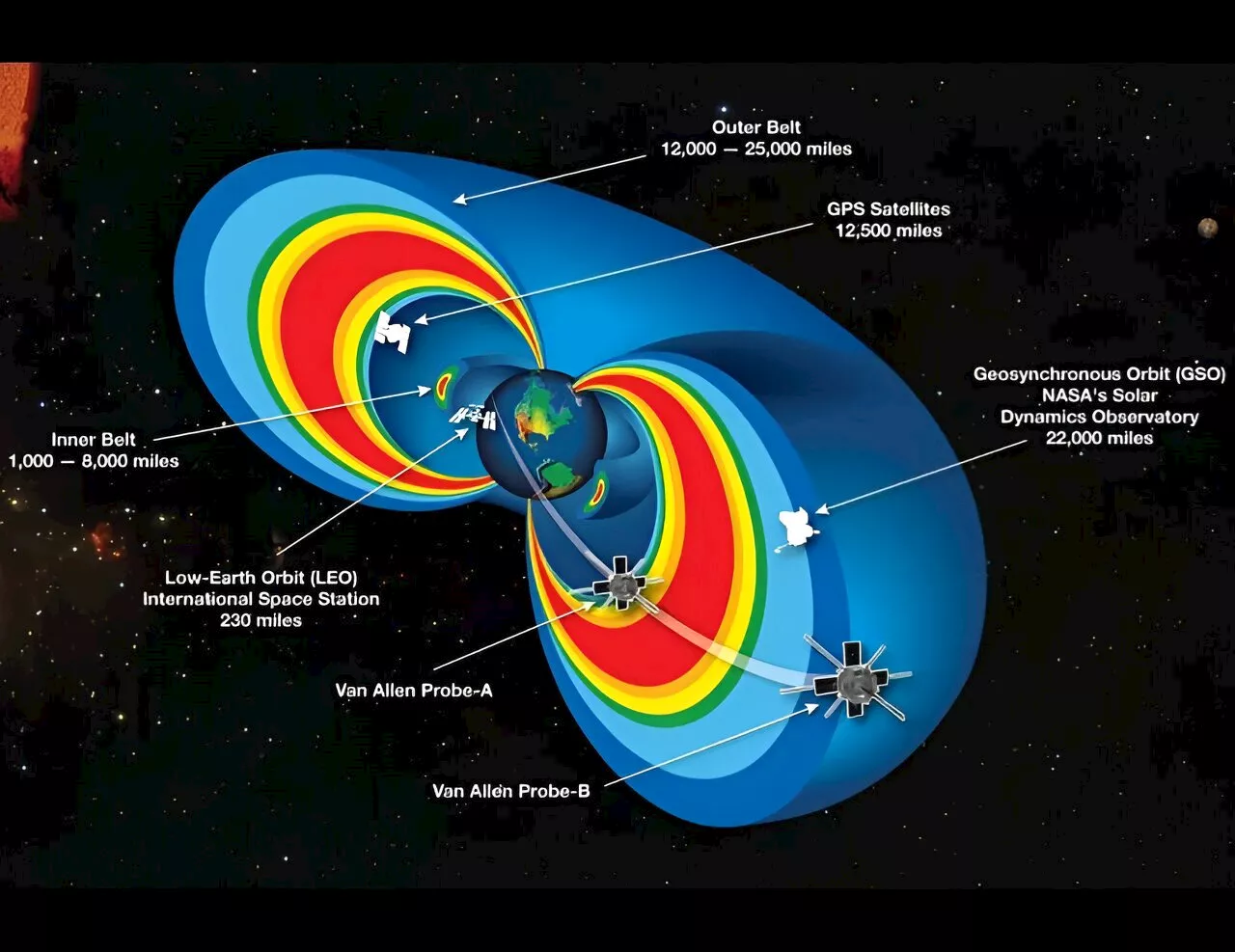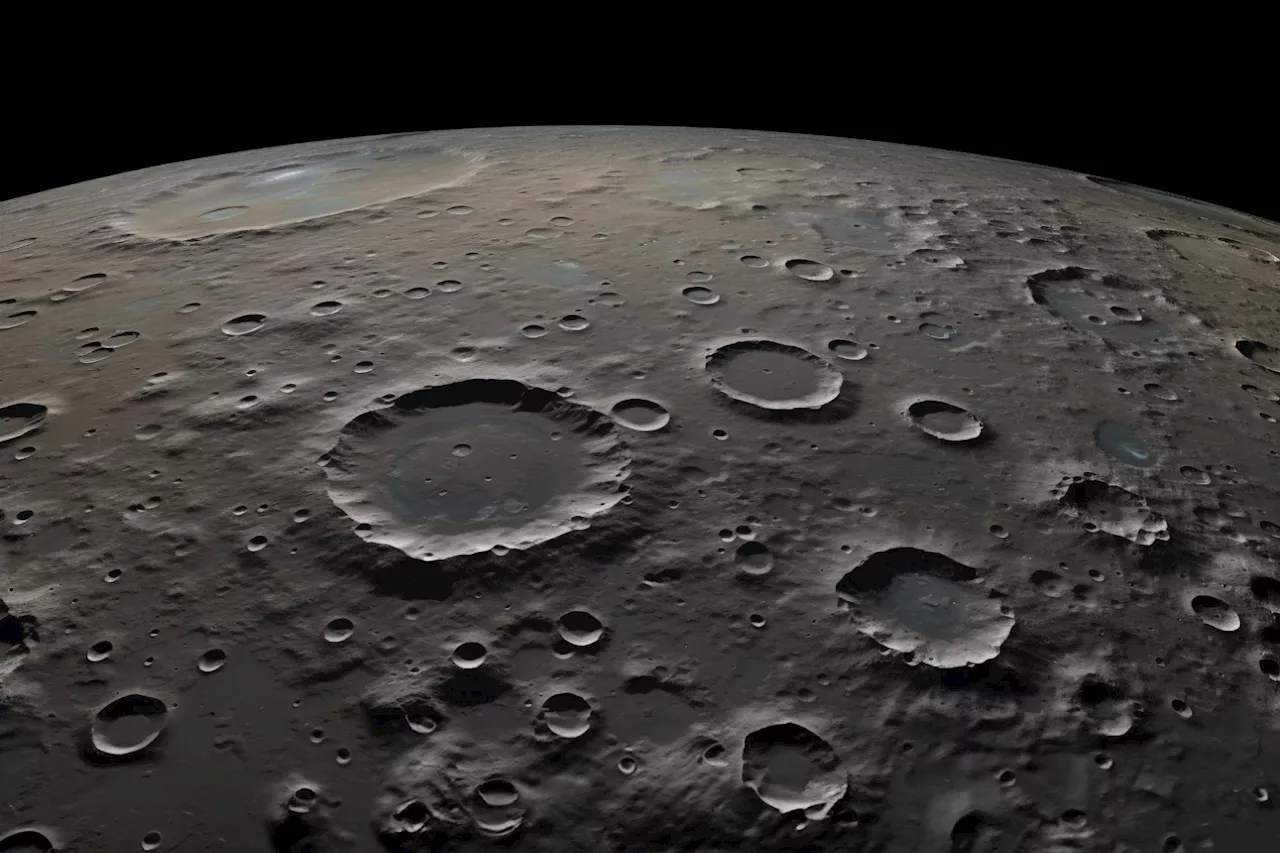Two scientists discovered a new type of 'whistler,' an electromagnetic wave that carries a substantial amount of lightning energy to the Earth's magnetosphere.
Two scientists discovered a new type of 'whistler,' an electromagnetic wave that carries a substantial amount of lightning energy to the Earth's magnetosphere.
"We as a society are dependent on space technology," Sonwalkar said."Modern communication and navigation systems, satellites, and spacecraft with astronauts aboard encounter harmful energetic particles of the radiation belts, which can damage electronics and cause cancer. Earth's magnetosphere is a region of space surrounding the planet and created by Earth's magnetic field. It provides a protective barrier that prevents most of the solar wind's particles from reaching the atmosphere and harming life and technology.
They developed a wave propagation model that, when considering specularly reflected whistlers, showed the doubling of lightning energy reaching the magnetosphere. "This implies that specularly reflected whistlers probably carry a greater part of lightning energy to the magnetosphere relative to that carried by magnetospherically reflected whistlers," Sonwalkar said.
Solar Energy Petroleum Energy Technology Atmosphere Geomagnetic Storms Storms Severe Weather
United States Latest News, United States Headlines
Similar News:You can also read news stories similar to this one that we have collected from other news sources.
 Scientists discover phenomenon impacting Earth's radiation beltsTwo University of Alaska Fairbanks scientists have discovered a new type of 'whistler,' an electromagnetic wave that carries a substantial amount of lightning energy to the Earth's magnetosphere.
Scientists discover phenomenon impacting Earth's radiation beltsTwo University of Alaska Fairbanks scientists have discovered a new type of 'whistler,' an electromagnetic wave that carries a substantial amount of lightning energy to the Earth's magnetosphere.
Read more »
 Scientists Reveal How They Identified The Ancestor of All Life on EarthThe Best in Science News and Amazing Breakthroughs
Scientists Reveal How They Identified The Ancestor of All Life on EarthThe Best in Science News and Amazing Breakthroughs
Read more »
 Protecting Earth’s Biodiversity: Scientists Propose Bold Plan To Create Moon-Based Bio VaultScience, Space and Technology News 2024
Protecting Earth’s Biodiversity: Scientists Propose Bold Plan To Create Moon-Based Bio VaultScience, Space and Technology News 2024
Read more »
 Lightning sparked all of life on Earth, say Harvard scientists: 'One of the great unanswered questions'Historically experts have theorized that complex life began on our planet around 635 million years ago, as the first organisms evolved in the primordial ooze. However, experts now say that new evidence challenges that timeline and that complex life could have begun more than a billion years before that.
Lightning sparked all of life on Earth, say Harvard scientists: 'One of the great unanswered questions'Historically experts have theorized that complex life began on our planet around 635 million years ago, as the first organisms evolved in the primordial ooze. However, experts now say that new evidence challenges that timeline and that complex life could have begun more than a billion years before that.
Read more »
 Scientists drill longest-ever piece of Earth's mantle from underwater mountain near 'Lost City'Stephanie Pappas is a contributing writer for Live Science, covering topics ranging from geoscience to archaeology to the human brain and behavior.
Scientists drill longest-ever piece of Earth's mantle from underwater mountain near 'Lost City'Stephanie Pappas is a contributing writer for Live Science, covering topics ranging from geoscience to archaeology to the human brain and behavior.
Read more »
 Scientists drill record 3937 feet into Earth’s mantle to unveil life originsThe technology has been available for years but it took exceptionally good conditions to drill out such a long nearly continuous core.
Scientists drill record 3937 feet into Earth’s mantle to unveil life originsThe technology has been available for years but it took exceptionally good conditions to drill out such a long nearly continuous core.
Read more »
